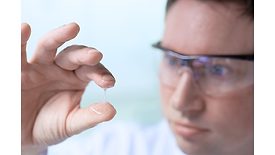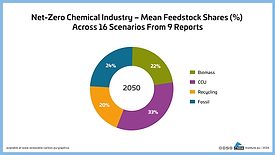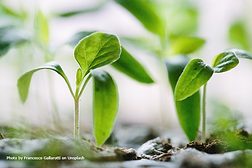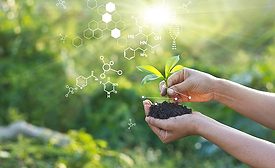Home » bio-based materials
Articles Tagged with ''bio-based materials''
Innovative Bio-Based Polyether Polyols
Biobased polyether polyols with vegetable oil are developed through special catalysts, helping to create products with specific characteristics depending on biobased content.
October 17, 2024
Enabling Sustainable Solutions for Packaging Hot Melt Adhesives with Functionalized Polyolefin Elastomers
The use of low-viscosity polyolefin materials in HMA formulations can lead to increased cost savings and lowered carbon footprint.
September 22, 2024
Sustainability Practices in Pressure-Sensitive Adhesive Manufacturing
While challenges remain, the benefits of sustainable practices make a compelling case for the transition toward more eco-friendly adhesive manufacturing.
September 17, 2024
Keep the info flowing with our eNewsletters!
Get the latest industry updates tailored your way.
JOIN TODAY!Copyright ©2025. All Rights Reserved BNP Media.
Design, CMS, Hosting & Web Development :: ePublishing







